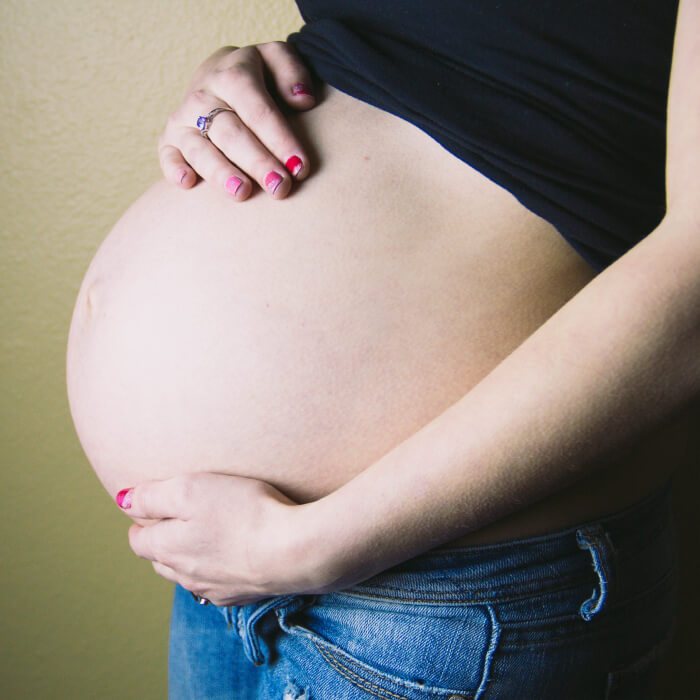We know you’re looking forward to the journey ahead, but you’re probably feeling nervous too about the changes your body will be going through. These changes bring about side-effects and symptoms, which may seem alarming at first.
But fret and fear not – if you know what to expect, then you can save yourself from feeling overwhelmed. Though pregnancy symptoms can be a source of discomfort, they’re simply the side-effects to your body growing a new life.
It helps to prepare yourself for the next nine months step by step. Let’s start with the symptoms you’ll have to deal with in the next few weeks. Here’s what you can expect in your first trimester, as well as the warning signs that you’ll need to watch out for.


.jpg)

.jpeg)
